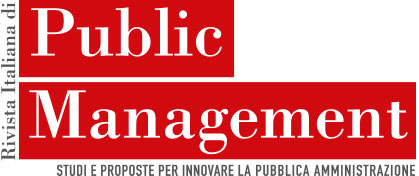The NRRP as a driver of managerial innovation in the public administration
di Fabrizio Galasso – Dottorato di ricerca in “Scienze Giuridiche e Politiche” (XXXVII Ciclo per l’A. A. 2021/2022) – Università degli Studi Guglielmo Marconi
Italy, through the Nrpp, is operating a vast program of reforms relating to the public administration, justice, the simplification of the legislation, the tax authorities. One of the most important and incisive reforms, demanded for some time by the European Commission, concerns the public administration. The main objective is to strengthen the competitiveness of the country, as the economic growth of the country mostly depends on the quality of public administrations. An efficient public administration allows to provide adequate goods and public services to citizens and businesses. Solving the structural weaknesses of the Pa and simplifying the procedures, at a regulatory and administrative level, means lightening users of services from charges that brake growth. The public administration reform provided for in the plan insists on four intervention lines: “access”: more effective personnel selection mechanisms; “good administration”: simplification and good practices; “human capital and skills”; “digitization”. The overall strategy focuses on a great investment in public human capital through the generational change of employees, the introduction of new skills, the “reengineering of organizational processes”, and the adoption of managerial tools borrowed from the operation of private companies, such as project management, management audit, total quality management and management by objectives.

